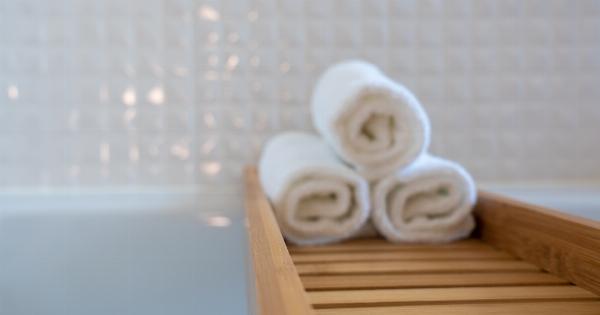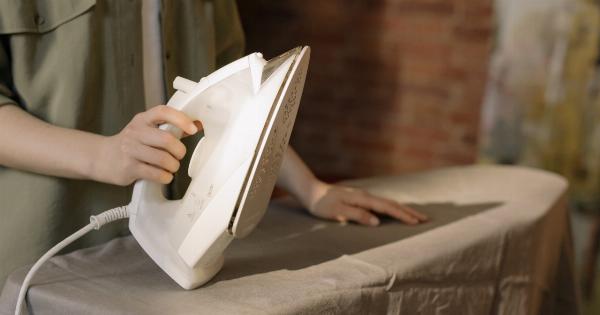When it comes to pajamas, the general rule of thumb is to wash them after 2-3 wears. However, this can vary depending on a few factors such as personal hygiene, body temperature, and the type of material your pajamas are made of.
Factors to Consider
1. Personal Hygiene: If you tend to sweat a lot or have body odor, you may want to wash your pajamas more frequently. This is especially important if you have any skin conditions or allergies.
2. Body Temperature: If you tend to get hot and sweaty at night, it is advisable to wash your pajamas more often. This is to prevent the buildup of bacteria and unpleasant odors.
3. Type of Material: Different materials have different requirements when it comes to washing. Cotton pajamas can usually be washed after a couple of wears, while synthetic materials may need to be washed more frequently to maintain freshness.
Proper Care for Pajamas
Regardless of how often you wash your pajamas, it is important to follow proper care instructions to ensure they last longer. Here are some tips:.
– Always check the care label on your pajamas for specific instructions.
– Use a gentle or delicate cycle when washing your pajamas to avoid damaging the fabric.
– Avoid using harsh chemicals or bleach, as they can cause colors to fade.
– Hang dry your pajamas whenever possible to prevent shrinking or damage from the dryer’s heat.
– Store your pajamas in a clean and dry place to prevent them from collecting dust or other allergens.
How Often Should You Wash Your Towels?
Towels are used to dry our bodies after showering, so it’s important to keep them clean and hygienic. The general consensus is that towels should be washed after 3-4 uses, but this can vary depending on a few factors.
Factors to Consider
1. Frequency of Use: If you use your towel multiple times a day, it is advisable to wash it more frequently to prevent the buildup of bacteria and mildew.
2. Dampness: Towels tend to stay damp for longer periods, which creates an ideal breeding ground for bacteria and mildew. If your towel doesn’t dry properly between uses, it is recommended to wash it more often.
3. Personal Hygiene: If you have any skin infections, allergies, or share your towel with others, it is best to wash it after each use to prevent the spread of germs.
Proper Care for Towels
To ensure your towels remain fresh and absorbent for as long as possible, follow these care tips:.
– Wash your towels separately from other clothing items to prevent lint transfer.
– Avoid using fabric softeners as they can reduce the absorbency of the towel.
– Use an appropriate amount of detergent to avoid residue buildup that could make towels stiff or less absorbent.
– Dry your towels completely after each use to prevent dampness and the growth of bacteria. Hanging them in an area with good air circulation is ideal.
– If your towels start to feel rough or lose their absorbency, try using white vinegar during the rinse cycle to remove any detergent buildup.
How Often Should You Wash Your Sheets?
Our bedsheets come into direct contact with our bodies every night, so it’s crucial to maintain their cleanliness. The general recommendation is to wash your sheets once a week, although some factors may require more frequent washing.
Factors to Consider
1. Personal Hygiene: If you sweat heavily at night, have allergies, or any skin conditions, washing your sheets more often is advisable.
2. Dust Allergies: Dust mites thrive in bedding, so if you or your family members have dust allergies, it’s best to wash your sheets every 3-4 days to minimize exposure to allergens.
3. Pets: If you allow your pets on your bed or if they sleep with you, washing your sheets more frequently can help eliminate pet hair, dander, and odors.
Proper Care for Sheets
To keep your sheets in top condition and extend their lifespan, follow these care instructions:.
– Check the care label for any specific instructions or temperature restrictions.
– Use a mild detergent and avoid bleach or fabric softeners, as they can damage the fabric.
– Wash your sheets in hot water to remove any bacteria or allergens effectively.
– If possible, dry your sheets outdoors to take advantage of the natural sunlight and fresh air. If using a dryer, select a low or medium heat setting to prevent shrinkage or damage.































